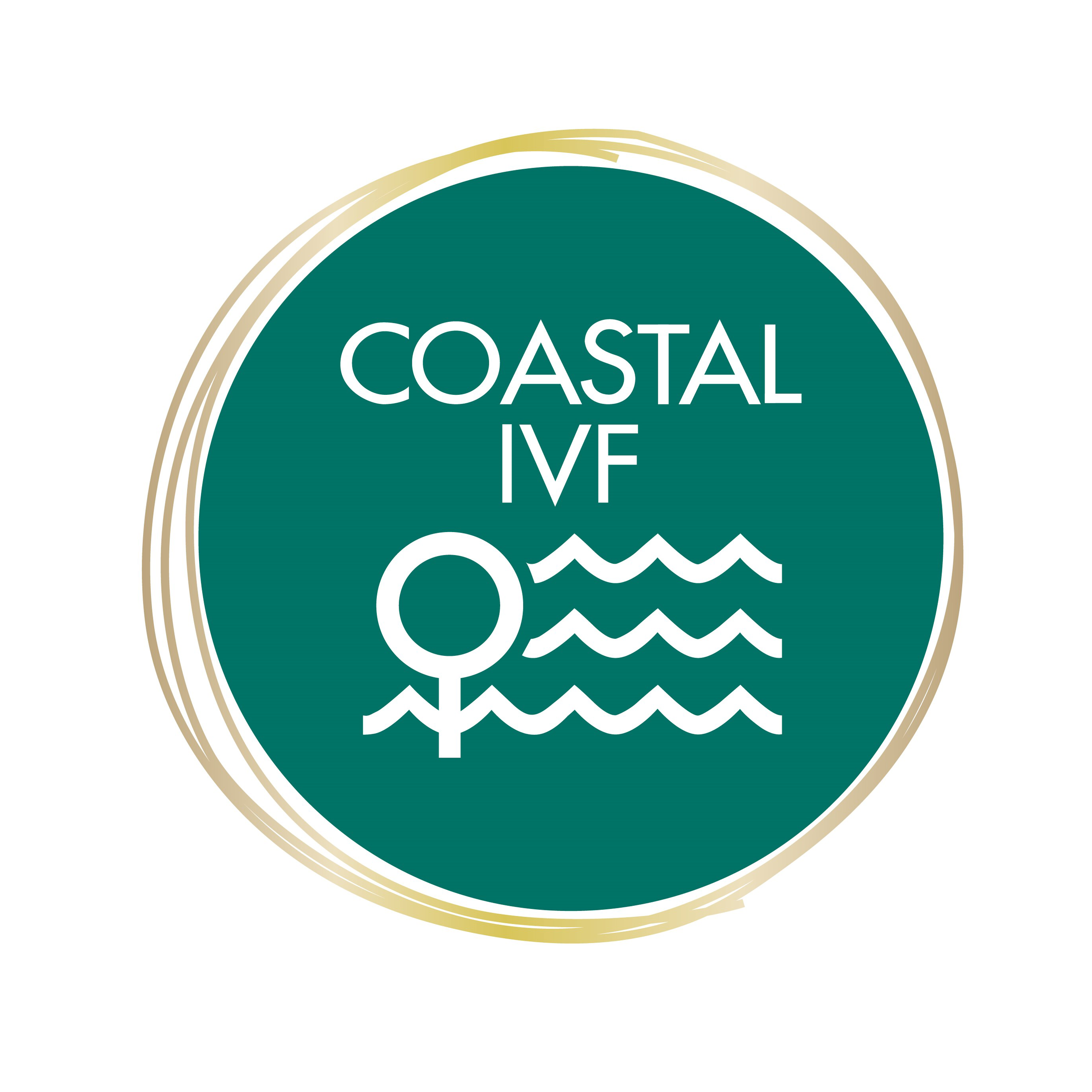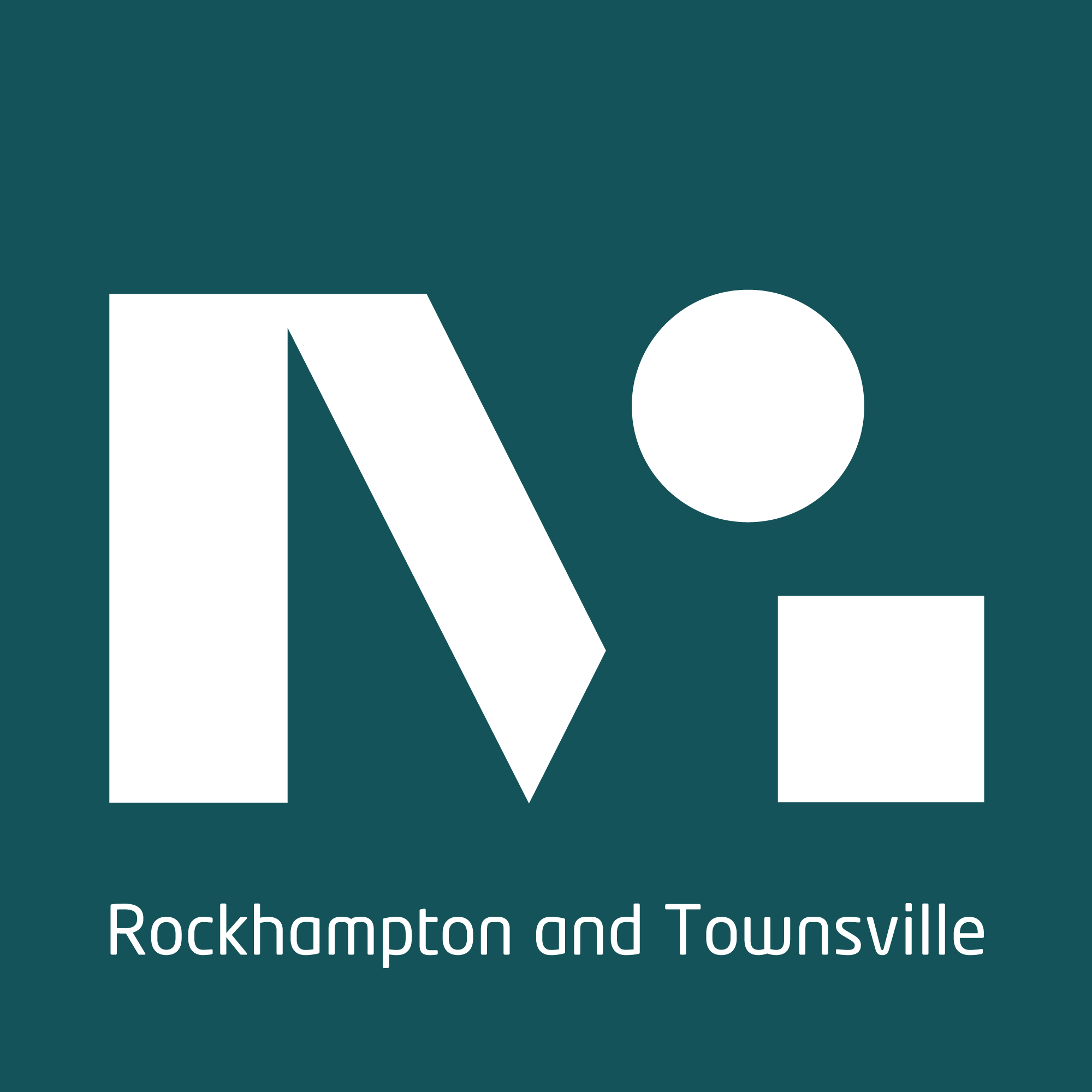Let’s Create A New Life
The Most Reputable Egg Donation Service In Australia
CentraLIVF is a leader in the field of egg donation, specialising in the provision of egg donation to Australians.
CentraLIVF is headed by fertility specialists and embryologists from Australia and Israel. Our team recruits egg donors from Ukraine and safely transports these eggs to intended parents across CentraLIVF partner clinics in Australia.

What Makes Us The Leading Egg Donation Service In Australia?

High success rates
with proven results

Precious cargo hand-carried
by onboard couriers

No waiting list!
Our expertise & our Big Heart
CentraLIVF is dedicated to putting Australian patients first. We are mindful of the reasons people seek fertility treatment, and we offer egg donation programs tailored to suit each individual patient’s needs.
Our Partner Clinics Are Spread Across Australia
Your precious cargo is shipped using purpose-built dry shippers and hand-carried by a trained CentraLIVF onboard courier.
Our partner clinics

Compass Fertility, based in Canberra, Australia, is lead by Dr. Nicci Sides and offers a boutique style of care, tailoring to the individual FERTILITY needs rather than standard protocols, something that is not offered elsewhere.

Fertility First is based in Hurstville, half an hour’s drive from Sydney CBD. Lead by Dr. Anne Clark, the first specialist in Australia to receive CREI qualification, Anne and the team provide a holistic approach to treatment, with continuity of care throughout your journey.

No1 Fertility is located in Melbourne, Victoria, and is lead by Dr. Lynn Burmeister. The clinic’s focus is to provide the best patient care and fertility treatment at an affordable cost. The clinics have the best and latest technology with state-of-the-art equipment and world-leading scientists.

Repromed Clinic is one of the country’s leading fertility clinics, delivering excellence in their standard of care, innovation, and pregnancy success rates. It is the only IVF clinic in South Australia to offer a complete range of care tailored to your needs, support, and fertility treatment options, onsite at their Dulwich purpose-built facilities.

Coastal IVF is located on the beautiful Sunshine Coast of Queensland in Maroochydore. Lead by Dr. Paul Stokes, Coastal IVF’s friendly team provides a wide range of fertility treatments, pregnancy, and general gynaecological services, creating the best experience by offering individualised care tailored to your needs and diagnoses.

The Sydney CBD clinic is Monash IVF’s flagship clinic. With a premium day hospital on site, Monash IVF provide a holistic patient experience where everything is conveniently located under the one roof. The Monash IVF team comprises of a multi-disciplinary team of leaders in reproductive health, including fertility specialists, gynaecologists, fertility nurses, embryologists, counsellors and patient coordinators.

Located within Westfield Shopping Centre, Monash IVF Bondi Junction offers a full service clinic for those living or working in the eastern suburbs of Sydney. Our full service clinic provides numerous options and services to women and couples. Monash IVF Bondi Junction comprises a multi-disciplinary team of Fertility Specialists, Fertility Nurses, Scientists, Counsellors and Patient Coordinators, meaning everything is right on your door step.

Located in western Sydney, Monash IVF Parramatta offers a full service clinic for those living or working in the western suburbs of Sydney.Our full service clinic provides numerous options and services to women and couples. Monash IVF Parramatta comprises a multi-disciplinary team of Fertility Specialists, Fertility Nurses, Scientists, Counsellors and Patient Coordinators, meaning everything is right on your door step.

Our clinic in Penrith is a full service clinic offering Fertility expertise to anyone in and around Greater Western Sydney, including: Springwood, Glenbrook, Mount Druitt, Erskine Park or Luddenham. Monash IVF Penrith comprises a multi-disciplinary team of Fertility Specialists, Fertility Nurses, Scientists, Counsellors and Patient Coordinators, meaning everything is right on your doorstep.

Monash IVF Albury offers a consulting location to anyone located in or around Southern New South Wales or Northern Victoria. Monash IVF Albury provides a convenient location to those living or working around Glenroy, East Albury, South Albury and North Albury.

At Monash – Brisbane, our diverse team of experts brings together unparalleled fertility care within your reach. United under one roof, our Fertility Specialists and Patient Coordinators are devoted to providing personalized guidance on your journey towards parenthood.

Our Monash IVF Rockhampton clinic has been a beacon of hope for the Central Queensland community since 2003, catering to those in Port Curtis, Fairy Bower, Gracemere, Alton Downs, and Norman Gardens.

Established in 1998, Monash IVF Gold Coast has been the beacon of hope for single women, couples, families, and LGBTQI couples, eliminating extensive travel to metropolitan Brisbane.










